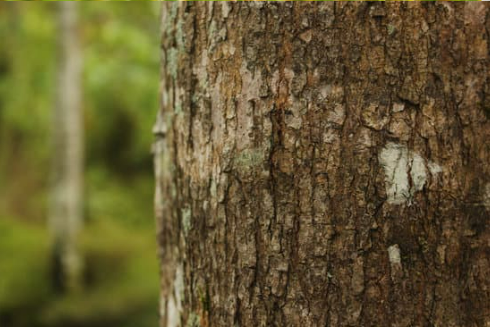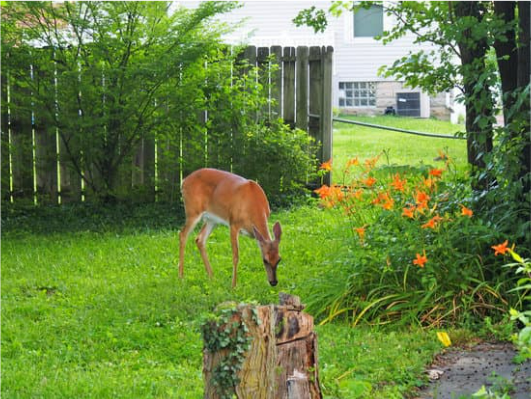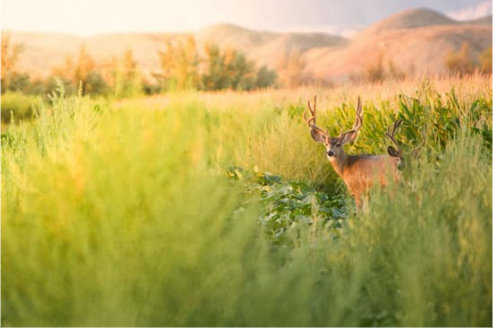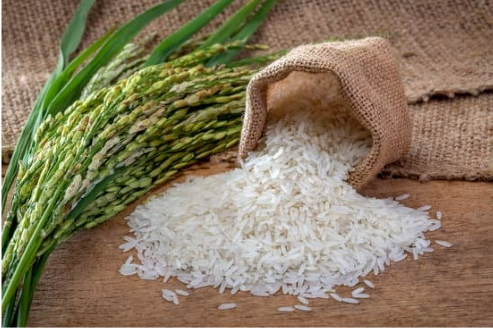Purchased last year because there are a lot of free roaming dogs in my new neighborhood and they LOVE to use my yard as a toilet. While the dog mace is a decent size bag, I had to reapply once a week to keep the dogs out of my yard. I went through the bag in about 5 weeks. If you apply once a week it definitely works, but then I had to ask myself why I have to pay $40 a month because I have irresponsible neighbors? If you can afford it, it’s worth it. I decided to invest in a 4ft picket fence.
This is a great product. Have now ordered 3 times & will continue to do so. Safe for my dog yet repels the moles.
So far so good, trying to protect my hostas and rhododendrons. Bought a gallon of the concentrated version. Have only been able to do 1 application so far but will do another after the next rain storm. Does have a pleasant smell unlike the previous product I was using.
The bottle leaks at the nozzle a little but it works wonders
Your product for moles and voles seems to have solved the problem, at this point there has been no mole activity .
Dog MACE Dog Repellent and Training Tool - Spray or Concentrate
Had some mice in the straw over my potatoes last summer. Sprayed straw once and mice couldn’t get away fast enough. Great stuff!








